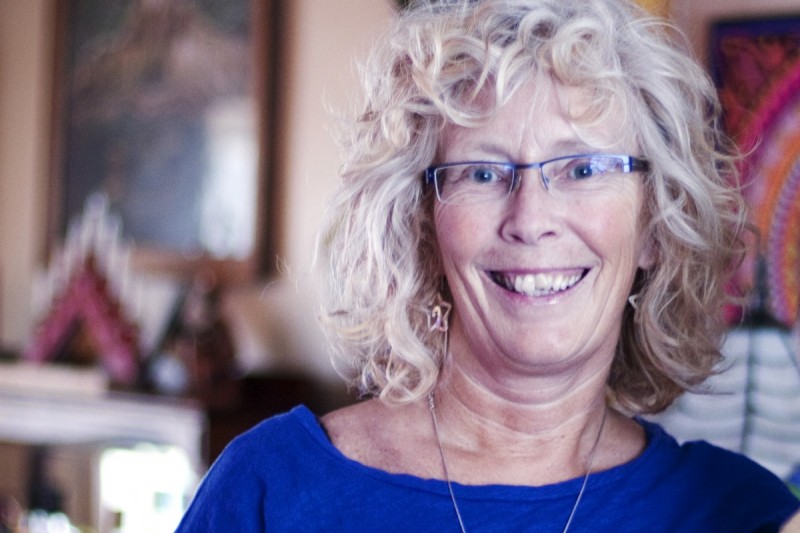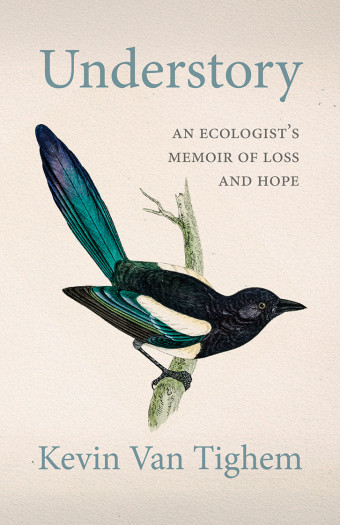Elizabeth Comack is a Winnipeg-based distinguished professor emerita of sociology and criminology at the University of Manitoba. She has researched street gangs and crime in Winnipeg for decades, but she wanted to delve deeper into the stories of “men in trouble” – and their struggle to live a “good life.”

- Realizing a Good Life
- Elizabeth Comack
- Fernwood Publishing
- $27.00 Paperback, 224 pages
- ISBN: 978-17-73635-65-1
While Realizing a Good Life: Men’s Pathways out of Drugs and Crime is the product of seven years of research and writing, for the 23 interview subjects of the book, realizing a good life is a lifelong process.
Comack, alongside her late colleague Larry Morrissette, interviewed men, most of whom were Indigenous, who had been involved in gangs, the drug trade, and other forms of criminality. The men also used drugs, and went through periods where they were “in the problem.”
“What they meant by that was being so far into drugging and drinking that they felt there was no way out,” Comack explains.
Comack centres the book on the men telling their stories of how they got into and out of “the problem” to live “a good life.” The men were very forthcoming in their interviews, and she acknowledges, “It takes a lot of courage – and trust – to be able to do that.”
Before sharing the stories of the men, though, Comack carefully and clearly outlines the systemic barriers, the context of social inequalities, that work against achieving a good life for these and many men, namely “intersecting race, class, and gender inequalities tied to colonialism, capitalism, and patriarchy,” which are the social justice issues that she has spent her career researching.
“The trauma that colonialism generates in the lives of Indigenous peoples is starkly evident in the men’s stories,” says Comack. “Too often, state intrusion into their lives in the form of the child welfare and criminal justice systems acted as a handcuff rather than a helping hand.”

Realizing a Good Life illustrates how our current systems work against rehabilitation. Comack describes how many of the men, despite living in sobriety and working hard, still struggle to get by, often working many hours at jobs that don’t pay a living wage.
She describes how the men are willing to do whatever it takes to care for themselves and their families, but notes society could, and should, undertake systemic change so their lives are not this difficult.
“We need to create an economy that puts the ‘making of people’ – in other words, all of the caring and labour that goes into raising children – over the ‘making of profit,’” she writes in the book.
Comack says the social supports that were enacted during the beginning of the COVID-19 pandemic are a good example of how social spending can help lift people up through hard times, proving that if governments really wanted to help their citizens realize a good life, they could do so.
“No one can realize a good life on their own. In order to achieve wholeness, balance, connection, growth, and healing – those elements of an Indigenous understanding of a good life – all of us require social supports,” says Comack.
“That means we need to care for and care about others.”













